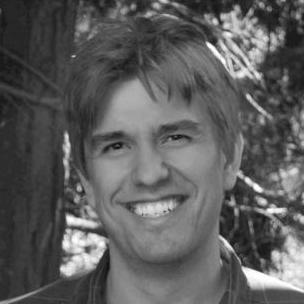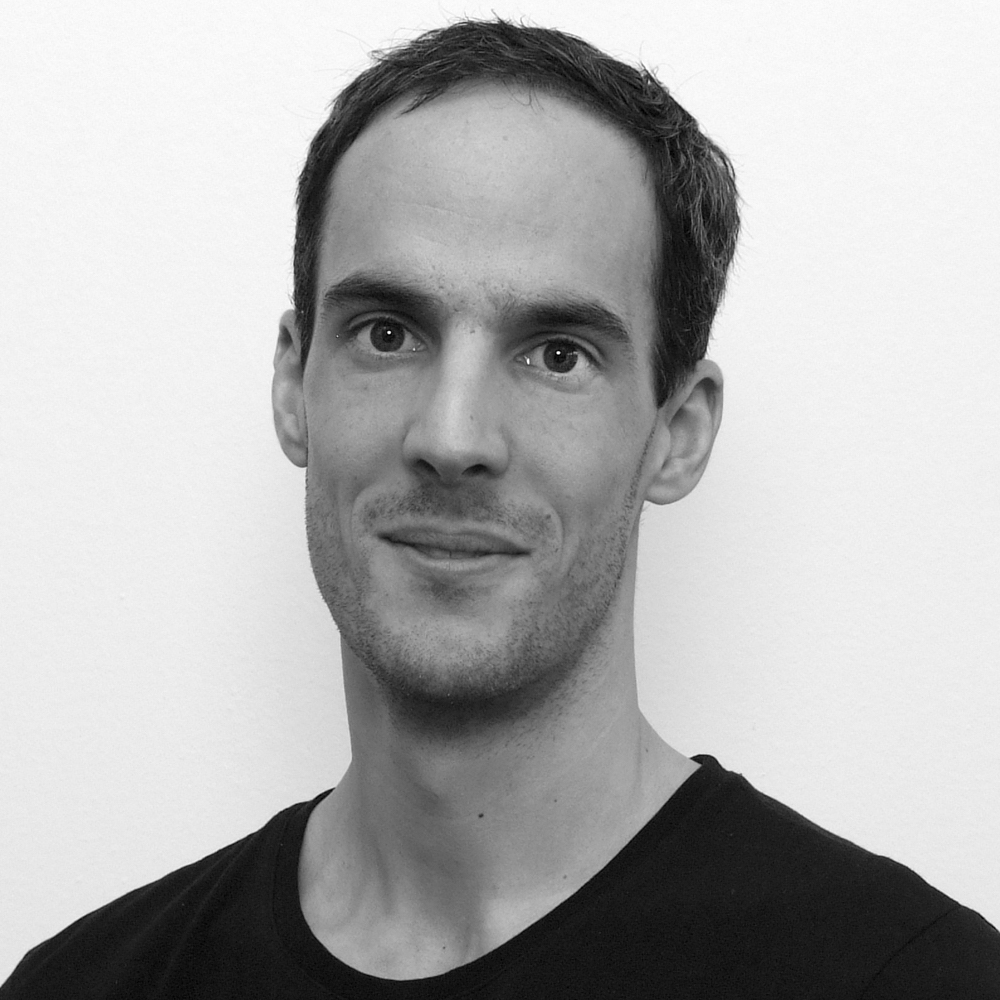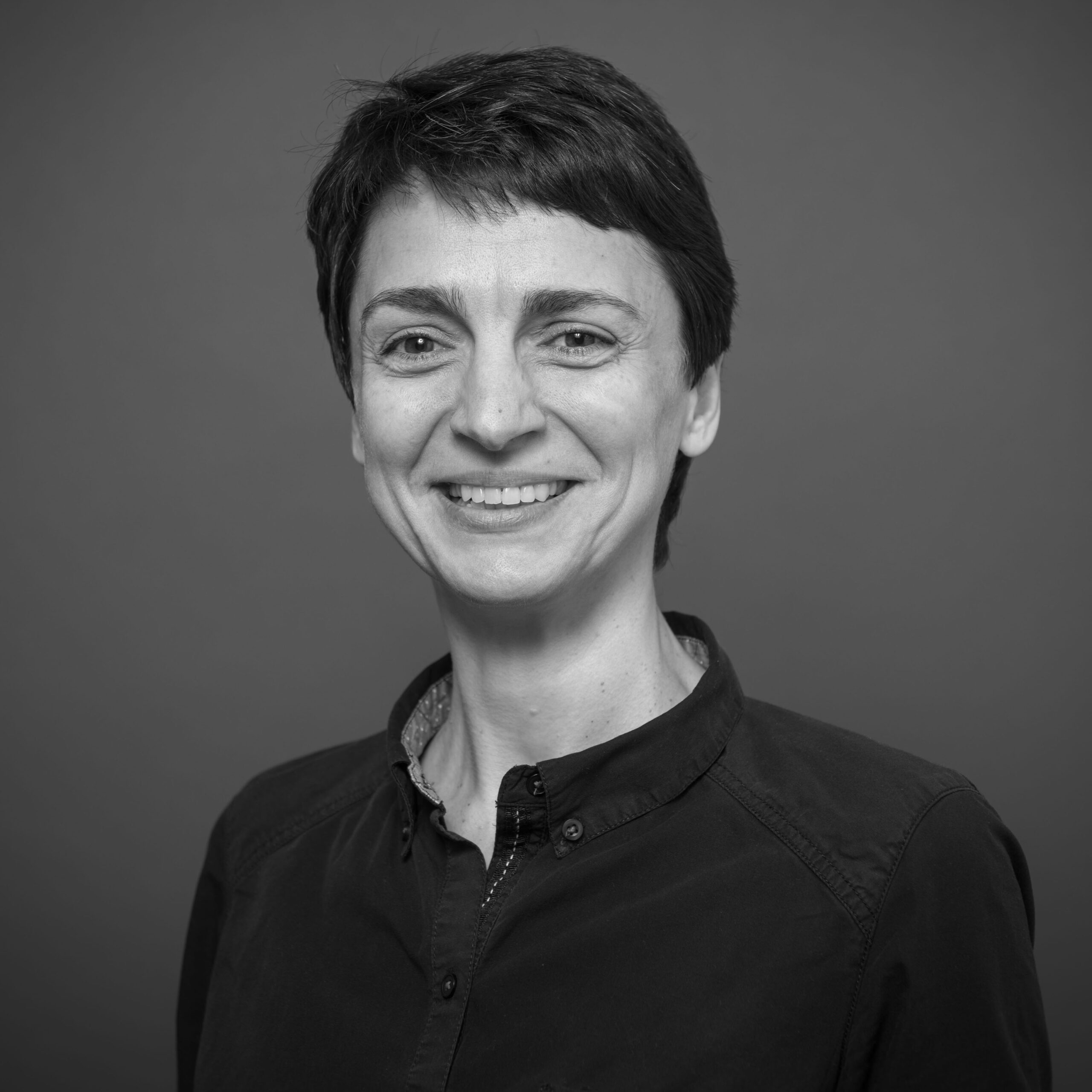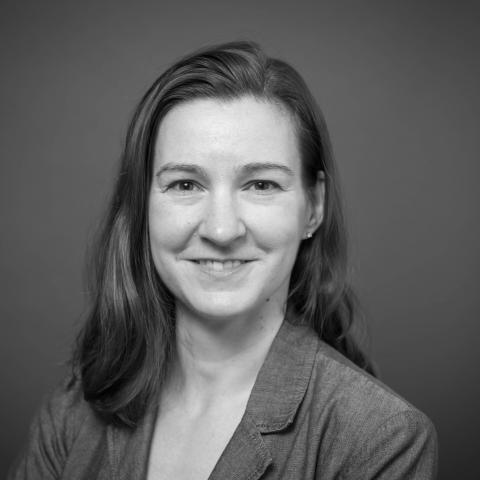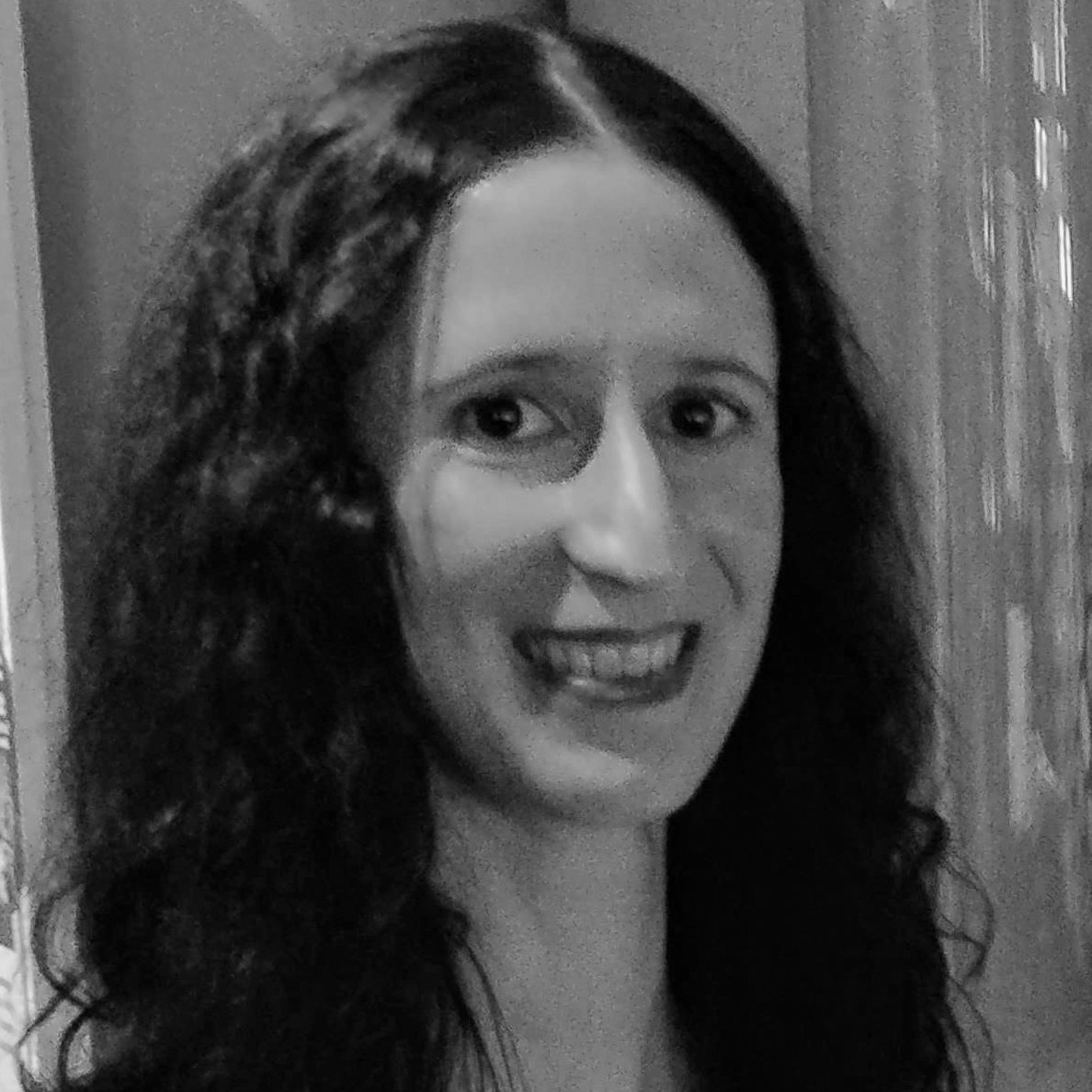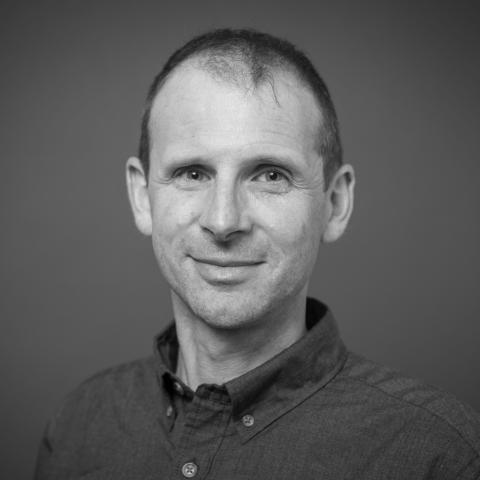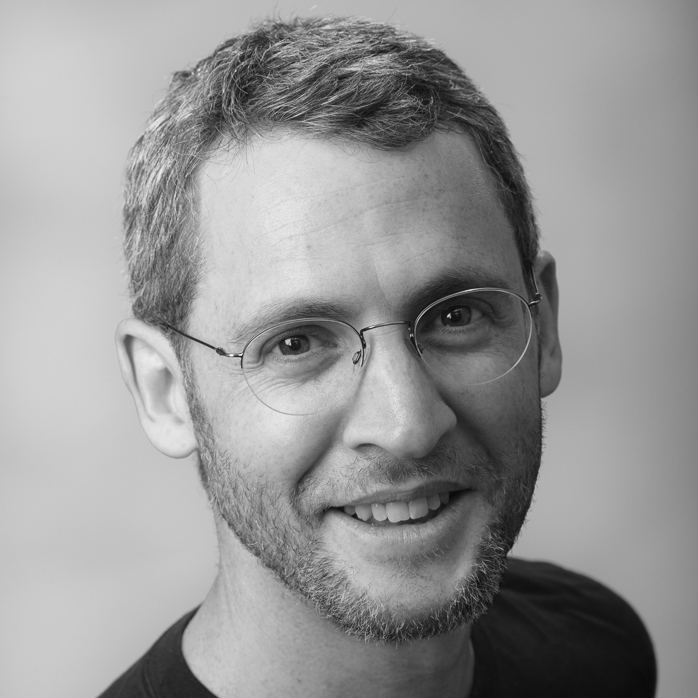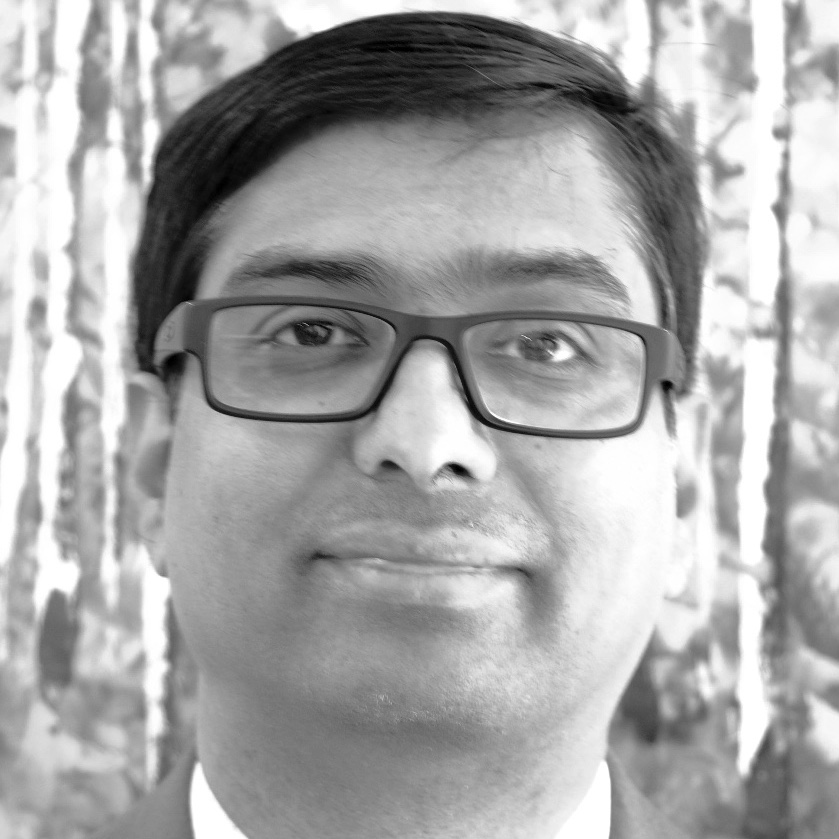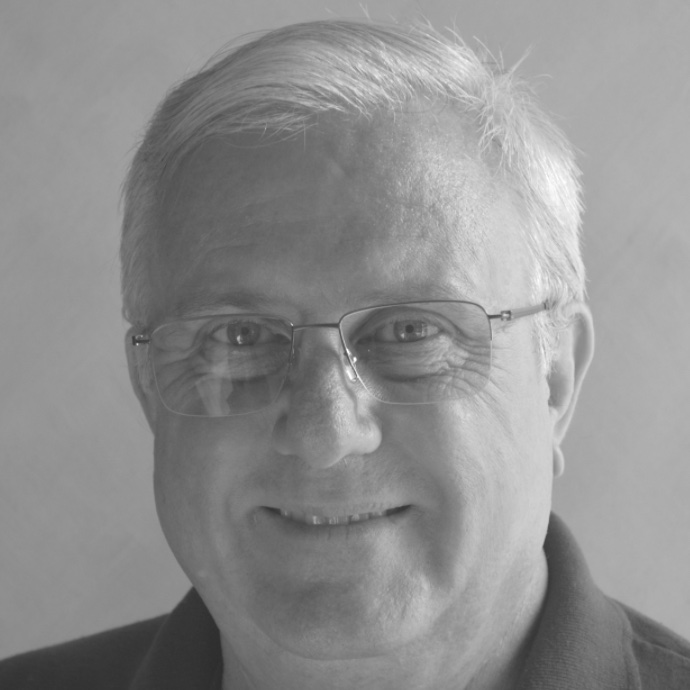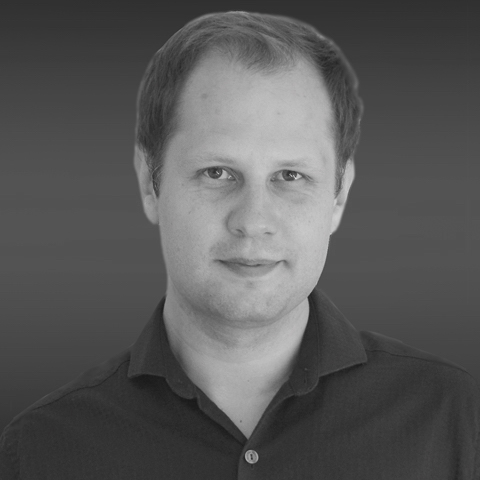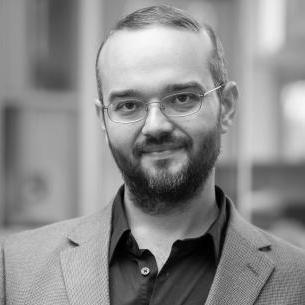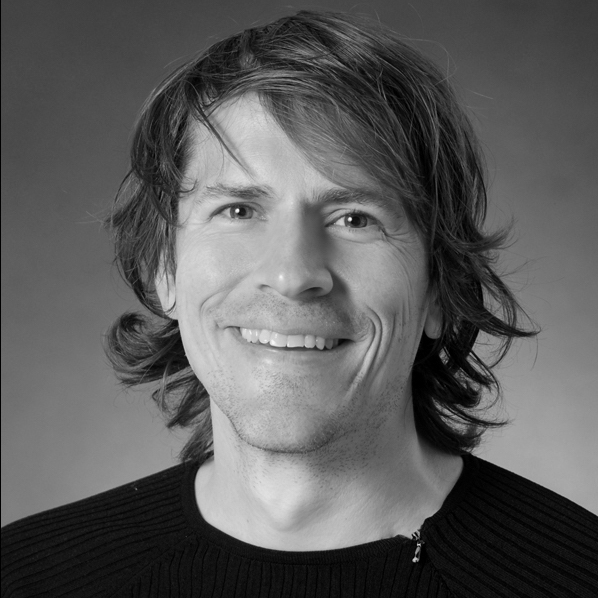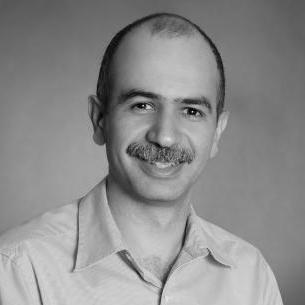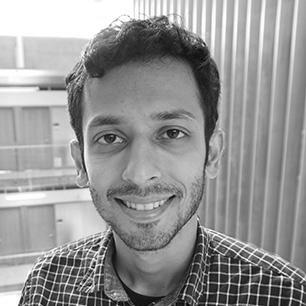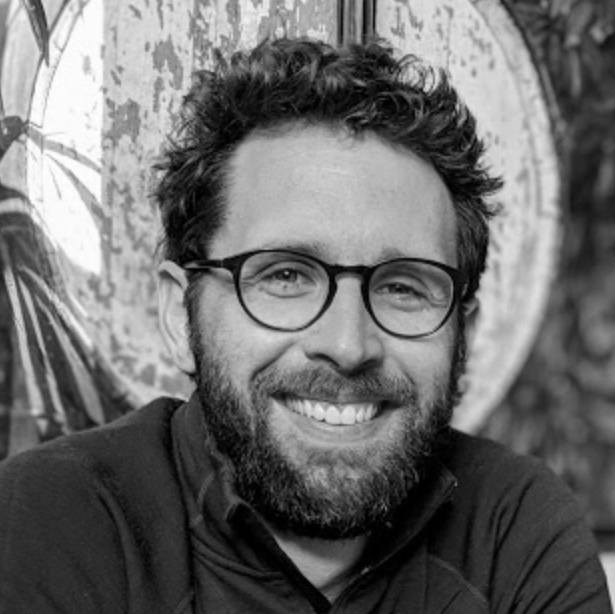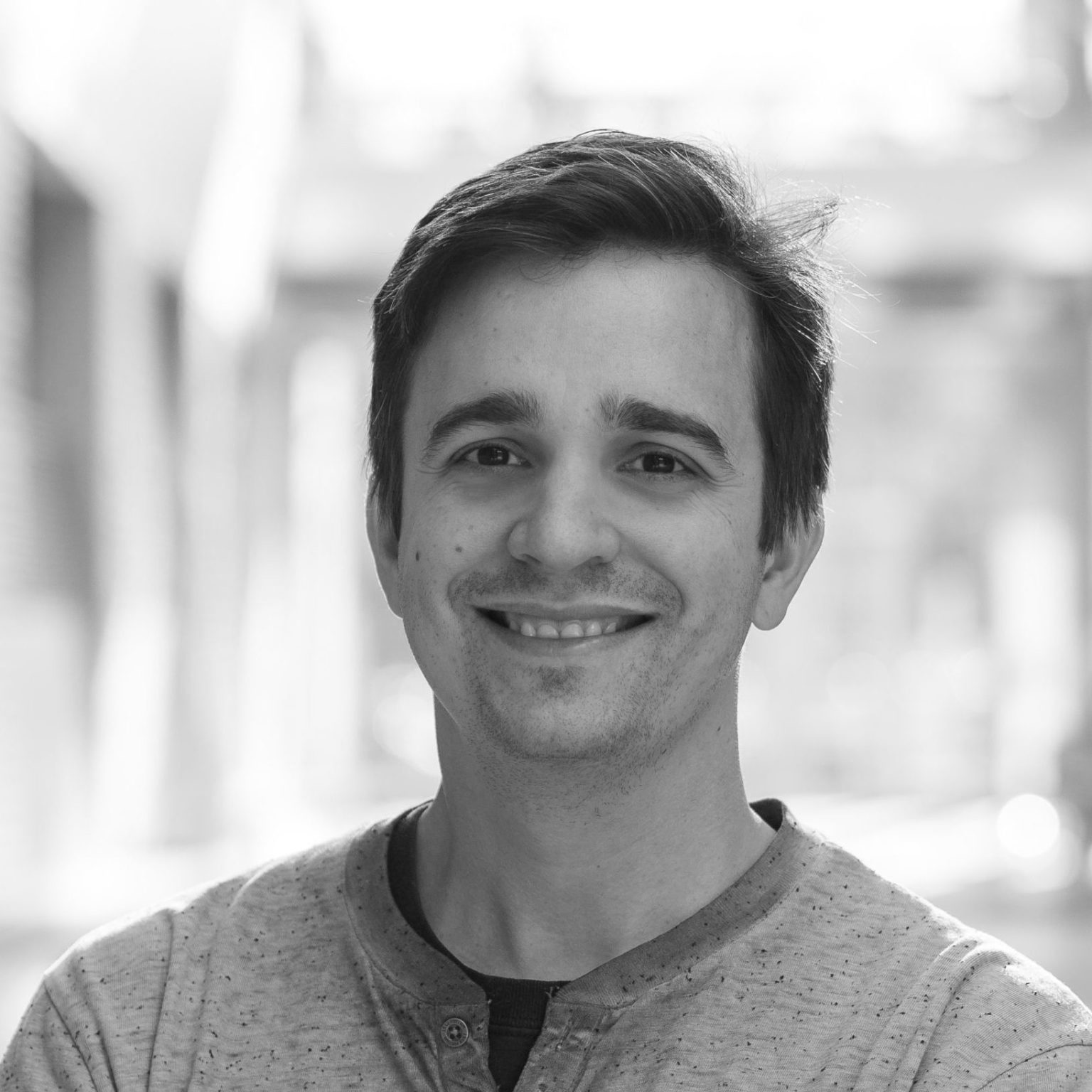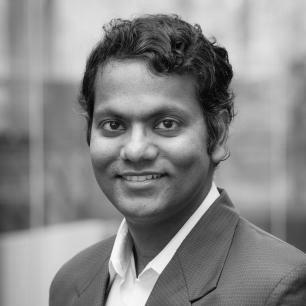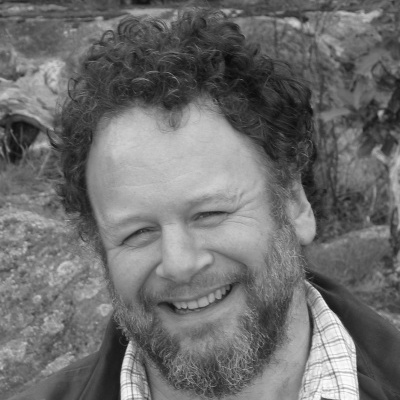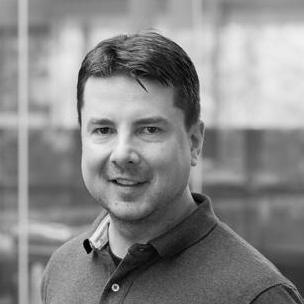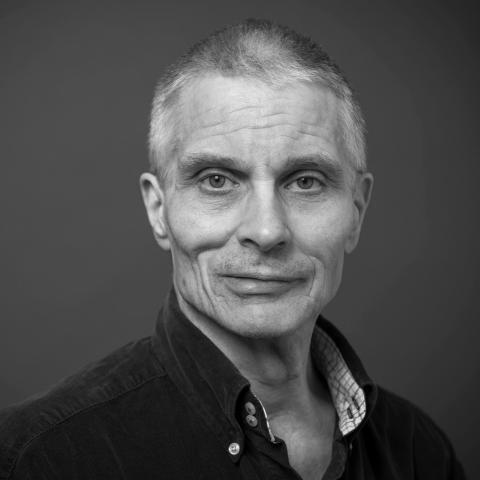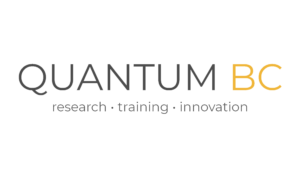PEOPLE
The people listed below reflect the Quantum Computing research community within universities and research institutes across British Columbia in Canada.
Tor Aamodt
Tor Aamodt is a Professor in the Department of Electrical and Computer Engineering at the University of British Columbia where he has been a faculty member since 2006. His current research focuses on the architecture of general purpose GPUs and energy efficient computing. Most recently his group has been exploring how to more efficiently train deep neural networks and exploring how to improve graphics processor unit (GPU) architectures for graphics and computing.
Tor Aamodt
Professor
Tor Aamodt is a Professor in the Department of Electrical...
Sven Bachmann
Sven Bachmann completed his doctoral studies at the Institute for Theoretical Physics of the ETH in Zurich with a thesis entitled `Mathematical aspects of quantum charge transport and current fluctuations’. He is now an Associate Professor in the Department of Mathematics at UBC, where he moved in 2017. Sven’s research on topological aspects of condensed matter physics are motivated by quantum information theory (topological quantum computation by anyons is one of the possible implementation of quantum computing), by applications to metrology (the quantum Hall effect has been used to define a standard for electrical resistance) and by the simple beauty of the interplay between mathematics and physics. He enjoys the vastness of British Columbia’s wild coast, its mountains, coves and magnificent forests.
Sven Bachmann
Associate Professor
Sven Bachmann completed his doctoral studies at the Institute for...
Mona Berciu
Mona Berciu obtained her PhD from the University of Toronto, Canada in 1999. She joined UBC in 2002 and is a Professor in the Department of Physics and Astronomy. Her research interests focus on developing accurate variational approximations for answering key questions that arise in the study of strongly correlated systems: what are the characteristics of the quasiparticle that forms when a charge carrier becomes ”dressed” by a cloud of excitations such as phonons, magnons, etc.; what effective interactions arise between such quasiparticles through exchange of excitations between their clouds; and what is their combined influence on the properties of the host material. These types of calculations may benefit from the use of quantum computers for increasing their efficiency. Our results can also be used for the training of machine learning algorithms, whether classical or quantum based.
Mona Berciu
Professor
Mona Berciu obtained her PhD from the University of Toronto,...
Sarah Burke
Position: Associate Professor
Categories: Graduate Research Training Program, Photonics, Superconducting, UBC
Location: UBC
Sarah Burke is an Associate Professor in the Department of Physics and Astronomy at the University of British Columbia. She obtained her PhD from the University of McGill in 2009 and joined UBC in 2010. The principal aim of her research is to build an understanding of important electronic and optoelectronic processes in a wide range of materials from the atomic scale up. In particular, the role of interfaces in organic and nanoscale materials is often of crucial importance for applications oriented processes, yet is frequently not fully understood. Scanning probe microscopy offers the ability to investigate such interfaces at the atomic level. Dr. Burke’s research makes use of scanning probe microscopy (SPM) techniques including atomic force microscopy (AFM) and scanning tunnelling microscopy (STM) in ultrahigh vacuum (UHV) and at low temperatures (~4K). This clean, low-temperature environment allows the characterization of well defined systems, with sufficiently high energy resolution for most organic and nanoscale systems of interest, and with the level of stability required to achieve measurements on individual nanostructures.
Sarah Burke
Associate Professor
Sarah Burke is an Associate Professor in the Department of...
Lukas Chrostowski
Position: Professor
Categories: Graduate Research Training Program, K-12 Outreach and Diversity, Photonics, Quantum Hardware, UBC
Location: UBC
The most ambitious application for silicon photonics – Chrostowski’s expertise – is in quantum computing. Silicon photonic approaches offer the potential for scaling to millions of qubits owing to the small device size and wafer-scale manufacturing. Chrostowski’s research is focused on developing the ingredients necessary to build a scalable fault-tolerant QC, including designing novel nanophotonic components for quantum information processing (lasers, single photon sources and detectors, spin qubit to photon coupling using resonators, optical switches, optical interconnects and low-loss coupling to the outside world), developing novel fabrication techniques, and building experimental apparatus for experimenting with quantum photonic circuits at cryogenic temperatures. Chrostowski was the Program Director of the NSERC CREATE Silicon Electronic-Photonic Integrated Circuits (Si-EPIC) research training program, which has expanded into a fabrication consortium, SiEPICfab (www.siepic.ubc.ca), and is the Program Director of the NSERC CREATE Quantum Computing program. He is a collaborator on the Canada Fund for Innovation (CFI) / BCKDF project, ‘The Silicon Quantum Leap: Tools for Building a Universal Quantum Computer’, and his NSERC Discovery Grant is “Silicon Photonics for Quantum Computing”.
Lukas Chrostowski
Professor
The most ambitious application for silicon photonics – Chrostowski’s expertise...
Olivia Di Matteo
Position: Assistant Professor
Categories: Algorithms, Applications, Graduate Research Training Program, UBC
Location: UBC
Olivia di Matteo obtained her PhD at the University of Waterloo and Institute for Quantum Computing in 2019 in Physics (Quantum Information). Following her PhD, she worked as a Quantum Information Science Associate at TRIUMF. Olivia then became a Quantum Computing Educator and Researcher at the Toronto-based startup Xanadu. Currently Olivia is an Assistant Professor in the Electrical and Computer Engineering department at UBC. She is passionate about teaching quantum computing, and developing open-source quantum software. Her research interests include quantum circuits and compilation, quantum tomography, quantum machine learning, and quantum algorithms.
Olivia Di Matteo
Assistant Professor
Olivia Di Matteo will be joining the Electrical and Computer...
Joshua Folk
Joshua Folk obtained his PhD from Stanford University in 2003, and leads the Quantum Devices group here at UBC. His group measures quantum phenomena in electronic circuits at ultra-low temperatures, often in novel material systems. Although these measurements are performed under the experimental conditions where existing qubit platforms, such as those based on spin or superconducting circuits, are often operated, his group focuses on the creation and identification of new exotic quasiparticles that may serve as a platform for future qubit technologies.
Joshua Folk
Associate Professor
Joshua Folk obtained his PhD from Stanford University in 2003,...
Michael Friedlander
Michael Friedlander is a IBM professor of computational mathematics at the University of British Columbia since 2014. He received his PhD from Stanford University in 2002. His research interests include Optimization, Convex Optimization, Mathematical Programming, and Computational Mathematics.
Michael Friedlander
Professor
Michael Friedlander is a IBM professor of computational mathematics at...
Bhushan Gopaluni
Bhushan Gopaluni is a professor in the department of chemical and biological engineering and an Associate Dean for Education and Professional Development in the faculty of Applied Science at the University of British Columbia. He is also an associate faculty in the Institute of Applied Mathematics, the Institute for Computing, Information and Cognitive Systems, Pulp and Paper Center and the Clean Energy Research Center. He was the Elizabeth and Leslie Gould Teaching Professor from 2014 to 2017. He is currently an associate editor for Journal of Process Control, The Journal of Franklin Institute and Results in Control and Optimization.
Bhushan received a Ph.D. from the University of Alberta in 2003 and a Bachelor of Technology from the Indian Institute of Technology, Madras in 1997 both in the field of chemical engineering. From 2003 to 2005 he worked as an engineering consultant at Matrikon Inc. (now Honeywell Process Solutions) during which he had designed and commissioned multivariable controllers in British Columbia’s pulp and paper industry, and had implemented numerous controller performance monitoring projects in the Oil & Gas and other chemical industries. He is the recipient of the Killam Teaching Prize and the Dean’s service medal from the University of British Columbia and D.G. Fisher Award in Process Control from Canadian Society for Chemical Engineers.
Bhushan Gopaluni
Professor
Bhushan Gopaluni is a professor in the department of chemical...
Nicolas Jaeger
Position: Professor
Categories: Education, Graduate Research Training Program, Institution, Photonics, Physical Platforms, UBC
Location: UBC
Nicolas Jaeger received his B.Sc. degree from the University of the Pacific, Stockton, CA, in 1981, and his M.A.Sc. and Ph.D. degrees from the University of British Columbia (UBC), Vancouver, BC, in 1986 and 1989, respectively, all in Electrical Engineering. Since 1989 he has been a faculty member in UBC’s Department of Electrical and Computer Engineering, where he is now a Professor in the area of Integrated Optics and Photonics. Currently, his research focuses on the design and application of integrated optic components for silicon-on-insulator platforms. Such silicon-photonic platforms are of current interest for the implementation of quantum-optic circuits and systems, such as those for quantum computing and quantum communications.
For his research, Professor Jaeger has received of the Canadian Institute of Energy’s “Research and Development” Award, the BC Advanced Systems Institute’s “Technology Partnership” Award, the Natural Sciences and Engineering Research Council of Canada and the Conference Board of Canada’s “Synergy” Award, the British Columbia Technology Industries Association’s “Excellence in Technical Innovation” Award, and the Canadian Association of Physicists and the National Optics Institute of Canada’s Medal for “Outstanding Achievement in Applied Photonics” and, for his teaching/mentoring, Professor Jaeger has received the UBC Faculty of Applied Science’s “Killam Teaching Prize” and the UBC Faculty of Graduate and Postdoctoral Studies’ “Killam Award for Excellence in Mentoring.”
Nicolas Jaeger
Professor
Nicolas Jaeger received his B.Sc. degree from the University of...
Roman Krems
Position: Professor
Categories: Algorithms, Applications, Graduate Research Training Program, Ions traps and AMO, Spins in Si, Superconducting, UBC
Location: UBC
Roman Krems is Professor of theoretical chemistry at the University of British Columbia in Vancouver, Canada. His current research interests include applications of machine learning for solving complex quantum problems, the development of quantum-inspired machine learning algorithms, and quantum machine learning. He is particularly interested in applications of Bayesian machine learning for inverse quantum problems, accelerating and improving the accuracy of quantum scattering calculations, and the development of machine learning methods for accurate extrapolation of solutions of complex physical equations. His group works on applications in quantum chemistry, quantum dynamics, quantum computing and quantum scattering theory. He graduated from Moscow State University in Moscow, Russia, in 1999, and obtained his PhD in physical chemistry from Göteborg University in Göteborg, Sweden, in 2002. He was a SAO predoctoral fellow at the Harvard-Smithsonian Center for Astrophysics in 2001–2002 and a postdoctoral fellow at the Harvard physics department and the Harvard-MIT Center for Ultracold Atoms in 2003–2005. He is fellow of the American Physical Society and member of the College of the Royal Society of Canada.
Roman Krems
Professor
Roman Krems is Professor of theoretical chemistry at the University...
Mieszko Lis
Mieszko Lis is an Assistant Professor at UBC. His research interests include multicore architecture, fine-grained parallelism and compilation techniques, high-level hardware design languages and methodologies, and the applications of computing techniques to the natural sciences. He is committed to raising the level of abstraction across the computing landscape — an interest he has also explored as co-designer of the high-level hardware design language Bluespec and developer of a high-level language for computational immunology studies. Before joining UBC, Mieszko received his SB, MEng, and PhD from the Massachusetts Institute of Technology, where he focused on massive-scale multicore processors and various architectural techniques required to build them.
Mieszko Lis
Assistant Professor
Mieszko Lis is an Assistant Professor at UBC. His research...
Kirk Madison
Position: Associate Professor
Categories: Graduate Research Training Program, Ions traps and AMO, Quantum Hardware, UBC
Location: UBC
Kirk W. Madison obtained his PhD in the group of Mark Raizen at the University of Texas at Austin in 1998 and was a postdoc in the group of Jean Dalibard at the École normale supérieure in Paris until 2001. Madison is an Associate Professor in the Department of Physics and Astronomy and leads the Quantum Degenerate Gases laboratory (a part of the UBC Center for Research on Ultra-cold Systems, CRUCS). Madison’s current research is on the experimental realization of quantum sensors and quantum gases made from laser-cooled atoms and molecules. Because of their extreme controllability and purity, quantum gases are an ideal “sandbox” quantum simulator for the creation and study of certain quantum materials. Madison’s interests include applying these special purpose quantum simulators to investigate fundamental questions of many body quantum mechanics relevant to quantum materials and quantum computing.
Kirk Madison
Associate Professor
Kirk W. Madison obtained his PhD in the group of...
Shahriar Mirabbasi
Shahriar Mirabbasi received the BSc in electrical engineering from Sharif University of Technology in 1990, and the MASc and PhD in electrical and computer engineering from the University of Toronto in 1997 and 2002, respectively. Since August 2002, he has been with the Department of Electrical and Computer Engineering, UBC where he is currently a Professor. Dr. Mirabbasi and his team’s research interests include analog, mixed-signal, and RF integrated circuit and system design for wireless and wireline data communication, data converter, sensor interface, and biomedical applications.
Shahriar Mirabbasi
Professor
Shahriar Mirabbasi received the BSc in electrical engineering from Sharif...
Prashant Nair
Position: Assistant Professor
Categories: Applications, Graduate Research Training Program, UBC
Location: UBC
Prashant Nair is an Assistant Professor in the Department of Electrical and Computer Engineering at the University of British Columbia. He received his Ph.D. and M.Sc. in Electrical and Computer Engineering from the Georgia Institute of Technology and the B.Eng degrees in Electronics Engineering from the University of Mumbai. Prior to joining UBC as faculty member, Prashant was a Postdoctoral Researcher (Research Scientist) at IBM Thomas J. Watson Research Center in New York. Prashant’s interests are in the areas of reliability, security, and performance-power efficient memory systems. Currently, he is interested in Recommender System Optimization, Deep Neural Network Optimization, Memory Security, and efficient Quantum Simulators. His work frequently appears in several top-tier conferences like ISCA, MICRO, HPCA, and ASPLOS. Prashant has served as a primary reviewer for several major conferences in computer architecture, including ISCA, ASPLOS-2016, IEEE CAL, ACM-TACO, ACM-TC, and SBAC-PAD.
Prashant Nair
Assistant Professor
Prashant Nair is an Assistant Professor in the Department of...
Andrew Potter
Position: Assistant Professor
Categories: Algorithms, Applications, Fundamental Theory, Ions traps and AMO, Superconducting, UBC
Location: UBC
Andrew Potter is an Assistant Professor in the Department of Physics and Astronomy and the Stewart Blusson Quantum Matter Institute at the University of British Columbia. His research leverages theoretical tools from quantum information to address fundamental scientific questions such as what are the possible phases of matter? and, when do (or more interestingly don’t!) quantum systems reach thermal equilibrium? He also works on the theory and modelling of quantum computing- and quantum simulation- hardware in solid-state devices and AMO systems, and has recently focused on developing near-term quantum algorithms for material simulation based on quantum tensor network methods. Andrew obtained his PhD in theoretical condensed matter physics from MIT, and was a Gordon and Betty Moore Foundation postdoctoral fellow at University of California, Berkeley. Before joining UBC, Andrew was an Assistant Professor of Physics at the University of Texas at Austin, and a principal physicist in the theory and algorithms group at Honeywell | Quantum Solutions. He is a Sloan Research Fellow, and has received a US National Science Foundation early career award, the IUPAP 2021 Young Scientist award.
Andrew Potter
Assistant Professor
Andrew Potter is an Assistant Professor in the Department of...
Joe Salfi
Position: Assistant Professor
Categories: Graduate Research Training Program, Quantum Hardware, Spins in Si, UBC
Location: UBC
Joe Salfi is an experimental quantum physicist and electrical engineer and leads the Quantum Science and Technology Laboratory at UBC. His main research interests is the physical implementation of quantum information systems, and his research expertise is in spin physics and quantum devices. He is distinguished in his research field for experimentally demonstrating quantum bits with strong intrinsic spin-orbit coupling (SOC), which is advantageous for building scalable quantum information technologies, and can also possess ultra-long coherence times. He also performed the first proof-of-principal experimental demonstration of analog quantum simulation of the Fermi-Hubbard model with solid state devices, an important model in condensed matter physics. His research is industrially relevant because it is based on silicon materials that underpin classical computer technologies. He is affiliated with the Department of Electrical and Computer Engineering and the Stewart Blusson Quantum Matter Institute at UBC.
Joe Salfi
Assistant Professor
Joe Salfi is an experimental quantum physicist and electrical engineer...
Sudip Shekhar
Position: Associate Professor
Categories: Graduate Research Training Program, Photonics, UBC
Location: UBC
Sudip Shekhar received his B.Tech. from the Indian Institute of Technology, Kharagpur, in 2003 and his M.S. and Ph.D. degrees from the University of Washington, in 2005 and 2008, respectively. From 2008 to 2013, he worked as a Research Scientist in the Circuits Research Laboratory at Intel Corporation, Hillsboro, Oregon. He joined the department of ECE at University of British Columbia as an Assistant Professor in 2013. His research interests include circuits for high-speed I/O interfaces, Silicon Photonics, RF transceivers and sensor interfaces.
Sudip Shekhar
Associate Professor
Sudip Shekhar received his B.Tech. from the Indian Institute of...
Philip Stamp
Position: Professor
Categories: Fundamental Theory, Graduate Research Training Program, UBC
Location: UBC
Dr. Philip Stamp received his PhD in theoretical physics from the University of Sussex. Before his current period at the University of British Columbia, which began in 2002, he was joint director of the Spinoza Institute in Utrecht. He is currently a professor in the department of Physics and Astronomy, and director of the Pacific Institute for Theoretical Physics, both at UBC; he also holds a visiting position in Theoretical Astrophysics at Caltech. His current research interests include quantum magnetism, the physics of decoherence, and the theory of quantum information processing, as well as theoretical quantum gravity. In recent years his work has been applied to the dynamics of qubits in flux superconductors, to spins in insulating, semiconducting, and hybrid quantum optical/solid-state systems, and to quantum Ising systems. The company “D-Wave Systems”, the first company in the world to market and sell quantum computers, was founded in Stamp’s research group.
Philip Stamp
Professor
Dr. Philip Stamp received his PhD in theoretical physics from...
Konrad Walus
Position: Associate Professor
Categories: Emerging Platforms, Graduate Research Training Program, UBC
Location: UBC
Konrad Walus received a B.A.Sc. in Electrical Engineering from the University of Windsor in 2001, and a Ph.D. degree in Electrical Engineering from the University of Calgary, Calgary, Canada, in 2005. He has been at The University of British Columbia since 2005 and is presently a Professor in the Department of Electrical and Computer Engineering. Dr. Walus’ research falls in the broader area of Microsystems and Nanotechnology and includes contributions to the development of CAD tools for computational nanotechnology using atomic silicon quantum dots, development of embedding algorithms for exploiting the emulation potential of D-Wave’s quantum annealer as a platform for field coupled computing using quantum dots, and the development of computational circuits and architectures based on quantum dots. Prof. Walus has an extensive record of interdisciplinary contributions to other areas including the field of functional printing technology and 3D bioprinting. He co-founded one of Canada’s most recognized early stage biotechnology companies, Aspect Biosystems Ltd (2019 BCs Growth Stage Company of the Year, 2018 BIOTECanada Emerging Company of the Year, and 2016 BC’s Most Promising Company). In addition to research in 3D bioprinting, he has contributed to advancing state-of-the-art in printable electronics through the development of novel printing technology, printing processes, and printed electronic sensors.
Konrad Walus
Associate Professor
Konrad Walus is an Associate Professor in the Department of...
Steve Wilton
Steve Wilton is Professor and Head of the Department of Electrical and Computer Engineering at UBC. Dr. Wilton’s research is in the broad areas of Computer Architecture and VLSI design. Dr. Wilton’s research has traditionally been in the area of architectures of next-generation Field-Programmable Gate Arrays and Computer-Aided Design algorithms that map circuits to these devices. The goal of much of Dr. Wilton’s research is to improve FPGAs by enhancing both their internal structure (architecture) as well as the associated Computer-Aided Design algorithms. He has recently been working on structure-aware embedding algorithms for Quantum Annealers, a problem that has similarities to the placement and routing problem for FPGAs. He was a co-founder of Veridae Systems which was acquired by Tektronix, and has consulted for Intel, Cypress Semiconductor, and Tektronix.
Steve Wilton
Professor
Steve Wilton is Professor and Head of the Department of...
Jeff Young
Position: Professor
Categories: Graduate Research Training Program, Photonics, Quantum Hardware, UBC
Location: UBC
Jeff Young received his B.A.Sc. degree in Engineering Physics from UBC in 1979, and his PhD degree in Physics from the University of Toronto in 1983. He spent 9 years at the National Research Council in Ottawa, first in the Division of Physics, and then in the Institute of Microstructural Sciences, as a Research Officer and later as Group Leader. In 1992 he returned to UBC in the Department of Physics, now the Department of Physics and Astronomy. He has served as the Director of the Advanced Materials and Process Engineering Laboratory from 2012-2017, as the Director of the Engineering Physics Program from 1998-2003, and the Head of the Department of Physics and Astronomy from 2004-2008. He has also served on the UBC senate, numerous NSERC committees, and as an advisor to NRC, TRIUMF and other organizations. He has entrepreneurial experience in Vancouver, and is a Professional Engineer. His research interests mainly pertain to linear and nonlinear electrodynamics and the optical properties of materials. For the past decade the focus has been on silicon-based integrated photonic circuits and the hybrid integration of quantum emitters and single photon detectors for quantum information processing.
Jeff Young
Professor
Jeff Young received his B.A.Sc. degree in Engineering Physics from...
